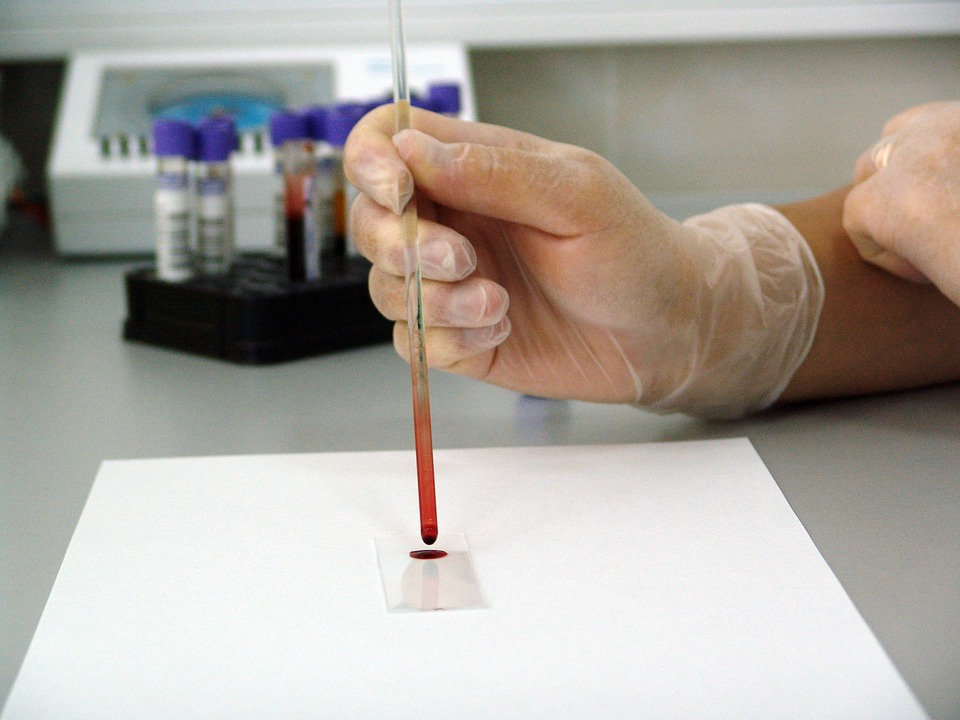Allergies don’t affect your quantity of life, but they can certainly affect the quality. If you are suffering from allergies that diminish your ability to enjoy life, you deserve care. The first step is to see a physician for an examination. Your doctor will likely ask about your symptoms—including their severity and longevity—and assess the medications that you have tried. They may evaluate your physical symptoms by looking at the lining of your nose and listening to your breathing.

(Pixabay / PublicDomainPictures)
A doctor may then order allergy testing to pinpoint the source of your allergies. You may already have an idea of what is triggering your symptoms, but an allergy test may shed more light on your sensitivities.
Different doctors perform different types of allergy testing. Here’s a closer look at common testing methods:
Skin testing:
There are a couple of different skin tests to include:
- Skin prick testing: With this method, a technician will place a solution containing different allergens on your skin. They will then prick the skin with needles, allowing the solution to penetrate your skin. If you react to the allergen being tested for, your skin will raise into an itchy, red bump known as a wheal within about 20 minutes. The technician will measure the wheal, and this will determine your sensitivity to the allergen being tested for.
- Intradermal testing: This method is similar to skin-prick testing, except that a solution is injected into the skin.
Blood testing:
A technician will draw your blood and send it to a lab for analysis. The lab can determine if it contains the antibodies that indicate the presence of allergy. There are different types of blood tests including:
- Enzyme-linked immunosorbent assay (ELIS)
- In vitro basophil histamine release assay
- Radioallergosorbent test (RAST)
In most cases, skin tests are preferred because they are cheaper than blood tests and more sensitive and accurate.
Patch testing:
A patch test can assess allergic reactions of the skin, such as contact dermatitis or atopic dermatitis. Plastic or aluminum patches are placed on the back and held in place with hypoallergenic tape for at least 48 hours. After that, the doctor or technician can analyze your skin’s reaction. Patch testing can help detect sensitivity to metal, rubber, fragrance, dyes, preservatives, and more.
Food allergy testing:
Food allergies can be measured through a skin or blood test. If a doctor needs to confirm an allergy as detected through symptoms or test results, they may administer a “challenge test” where a patient eats trigger food under physician supervision to see how they react.
If you have allergies, make an appointment with your primary care physician. A number of PCPs have adopted turnkey allergy test programs to increase their practice revenue and expand the services that they can offer their patients. If your PCP doesn’t currently offer allergy testing, they may be able to order an allergy test kit (or food allergy test kit) or simply refer you to an allergist.


